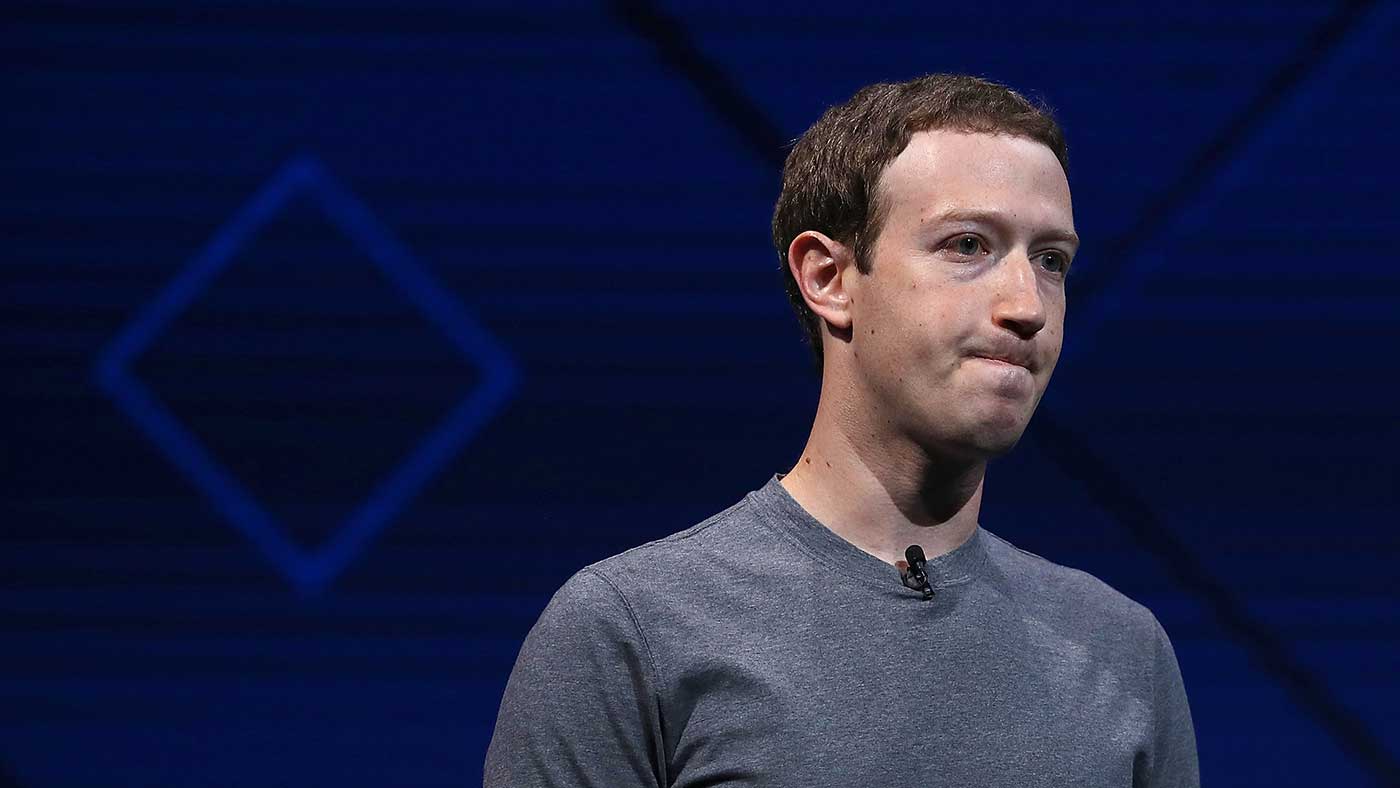Facebook fined £500,000 over Cambridge Analytica scandal
UK data watchdog says social media giant failed to safeguard its users’ personal information

A free daily email with the biggest news stories of the day – and the best features from TheWeek.com
You are now subscribed
Your newsletter sign-up was successful
Facebook has been fined £500,000 by the UK’s data watchdog for allowing political consulting firm Cambridge Analytica to harvest the information of millions of people without their consent.
Confirming the penalty, Information Commissioner Elizabeth Denham said that “a company of its size and expertise should have known better and it should have done better”.
The Information Commissioner's Office (IOC) announced this summer that it intended to fine the US tech giant over the Cambridge Analytica row. The London-based exploited data illegally harvested from up to 87 million Facebook users - including a million people in the UK - between 2007 and 2014.
The Week
Escape your echo chamber. Get the facts behind the news, plus analysis from multiple perspectives.

Sign up for The Week's Free Newsletters
From our morning news briefing to a weekly Good News Newsletter, get the best of The Week delivered directly to your inbox.
From our morning news briefing to a weekly Good News Newsletter, get the best of The Week delivered directly to your inbox.
The fine “sends a clear signal that I consider this a significant issue, especially when you look at the scale and the impact of this kind of data breach”, said Denham in July.
However, as Sky News notes, while the newly announced penalty is the maximum allowed under the Data Protection Act 1998, it is “pocket change” for a company valued last year at around $590bn (£457bn).
Denham said the fine would have been much higher had the EU’s new General Data Protection Regulation (GDPR) rules been in force at the time of the offence. The new regulations “allow data watchdogs to fine companies up to 4% of their global turnover, which in Facebook’s case would be $1.6bn (£1.24bn)”, Business Insider reports.
Cambridge Analytica worked for Donald Trump's campaign team in the 2016 US presidential election and used the data to build a software programme to predict and try to influence votes.
A free daily email with the biggest news stories of the day – and the best features from TheWeek.com
The information was gathered through an app that paid users to take a personality test but that also harvested details about their Facebook friends.
Facebook can appeal the fine. A spokesperson said: “We are currently reviewing the ICO’s decision. We are currently reviewing the ICO’s decision. While we respectfully disagree with some of their findings, we have said before that we should have done more to investigate claims about Cambridge Analytica and taken action in 2015.”
The watchdog is still investigating how data analytics is used for political purposes.
Denham is due to give evidence to the Department for Digital, Culture, Media and Sport (DCMS) Select Committee next month.